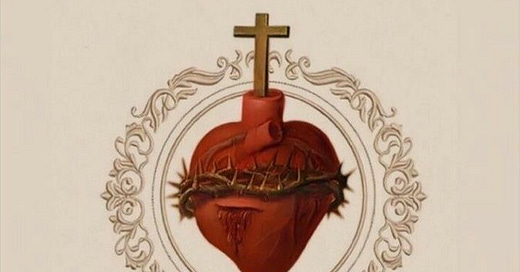I’m not a big fiction reader. Beyond the classics—which I read out of curiosity or for formal education—my reading pile is filled with theology books. It feels like I’m perpetually behind on my reading list! But there’s one thing outside theology I’ll always make time for: philosophy.
I’ve long believed theology and philosophy are two sides of the same coin. Philosophy isn’t just a collection of abstract thoughts; it’s shaped history and the way we think since the beginning of time. That’s why I love it. I’m a nerd who finds joy in dissecting patterns of thought—tracking how ideas evolve and influence one another.
Recently, I was reading Poetics by Aristotle, a work often considered a foundational text for storytelling. It’s remarkable how his insights on narrative apply to so much more than literature. For instance, Aristotle emphasizes that spectacle—the costumes, set designs, and pageantry of a play—is always secondary to the plot. Without a strong story, even the most impressive visuals won’t captivate an audience.
Let me stretch this concept a bit: isn’t the church often guilty of focusing on spectacle at the expense of plot?
Aristotle argues that “plot is the first principle and, so to speak, the soul of tragedy.” It’s the backbone of the story. Characters and their qualities are secondary, arising naturally out of the actions that drive the story forward. Tragedy—and life—isn’t about personalities; it’s about the actions that bring about happiness or misfortune.
Now think about the church. Have we become more concerned with “spectacle”—the programs, music, and events—than with the substance of our story? I believe Gen Z’s growing attraction to Orthodoxy is proof that people are searching for something more substantial. They don’t want pageantry; they want meat on the bones. They’re drawn to Orthodoxy because it’s ancient, grounded, and real.
According to a recent survey by Barna Group, nearly 60% of young Christians feel disconnected from traditional evangelical churches because they seem “shallow.” Many are turning to traditions like Orthodoxy or Catholicism, where they find depth, catechesis, and a sense of continuity with the past. This isn’t a call to adopt Orthodoxy wholesale but a wake-up call for all of us in the church. People are hungry for a good story, not just a good show.
The Bible shows us that actions—plot—are central to discipleship. Jesus didn’t just preach; He acted. He healed the sick, fed the hungry, and confronted injustice. His parables weren’t just lessons in morality; they called people to a way of life. James 2:17 reminds us that “faith by itself, if it has no works, is dead.” Our discipleship is defined by action, not spectacle.
Aristotle’s insight about art applies to the church: “Tragedy is not an imitation of persons but of actions and life.” It’s what we do that matters. People want the Jesus of the Bible—the one who overturns tables in the temple and washes His disciples’ feet. And they want to be taught how to follow Him in their own actions.
So here’s the challenge: what’s the story we’re telling in our churches? Are we more focused on creating a show than living out the gospel? Let’s return to the plot. Let’s catechize people not just in what to believe but in how to act. After all, actions define discipleship—and the church itself.




